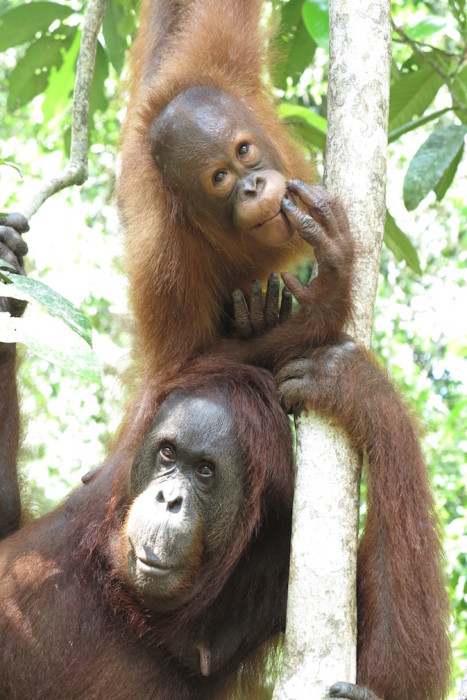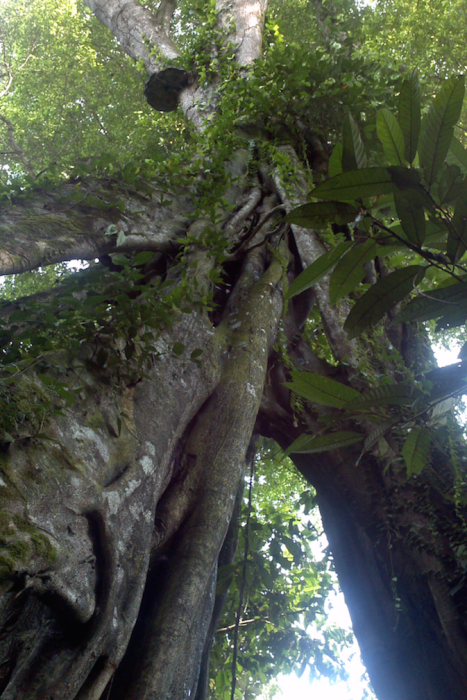If you haven’t yet heard how palm oil production is negatively impacting our environment, I’ll let Leo give you the low down…
So now that you’re caught up (thanks Leo), what can you do—short of becoming a famous Hollywood actor with a huge social following to whom you can shed light on such important issues—to stop unethical palm oil production?
Palm oil is found in approximately half the packaged products on Australian supermarket shelves, and as a nation we import around 110,000 tonnes of palm oil annually. This accounts for only 0.2% of global production.
With demand for this highly useful and versatile product growing every year, it is predicted that palm oil production will double to 240 million tonnes per year by 2050.
When farmed sustainably, the production and sale of palm oil can provide an important source of income for local communities, helping them to break the cycle of poverty. However, currently only 18% of the world’s palm oil production is certified as sustainable.


The negative impact of palm oil production is increasing and ongoing
Sanctioned by local governments keen to bolster the country’s economy, palm oil production is directly linked to deforestation, habitat destruction, Indigenous rights abuses and animal cruelty.
Locally, the livelihoods, culture and identity of Indigenous peoples is lost as their lands are systematically cleared for commercial gain, fortifying the cycle of poverty. Globally, deforestation is a key contributing factor to climate change and exposes, displaces, injures and kills many jungle species.
The good news is that the certified sustainable palm oil movement is growing. Certified sustainable palm oil is grown on a plantation managed and certified by the Roundtable on Sustainable Palm Oil (RSPO). Plantations are established on land that does not hold significant environmental value and growers are encouraged to minimise greenhouse gas emissions and the use of chemicals.
However, with no law in Australia requiring palm oil to be specifically labelled, the only way to know if a product contains palm oil (and if it is CSPO) is to contact the manufacturer directly and ask them.


Isn't it just easier to avoid products that contain palm oil?
Yes and no. As it yields more oil from less land than any other vegetable oil, boycotting palm oil altogether will lead to an increase in the production of alternative vegetable oils.
So what can you do?
Making the commitment to buy locally sourced, fresh produce is the easiest way to make a big impact. You can also support companies who are dedicated to using only CSPO and petition your favourite manufactures to only use palm oil that has been certified according to the criteria of the RSPO.
As with most significant changes, every little step counts.
*With thanks to WWF for the stats.
Related articles:
Feeling inspired?
Check out our calendar for your chance to take on a life-changing journey!
@INSPIREDADVENTURES






